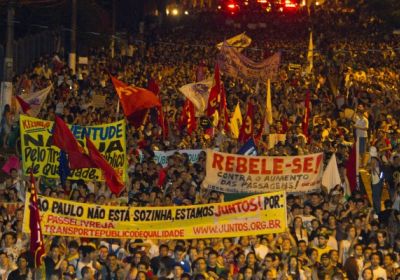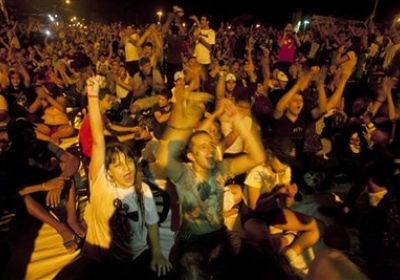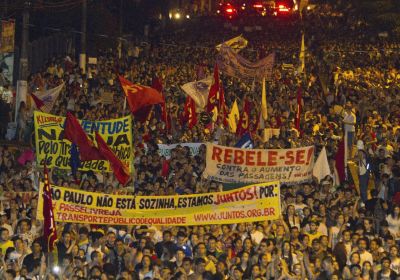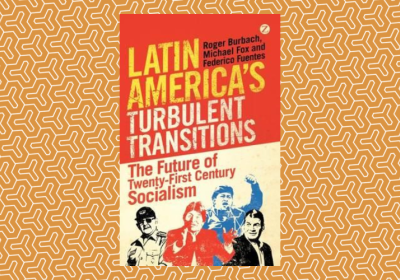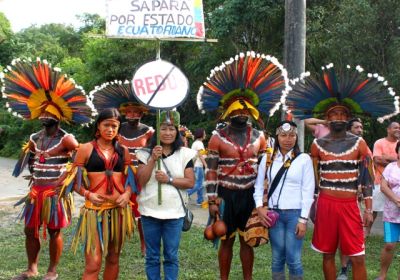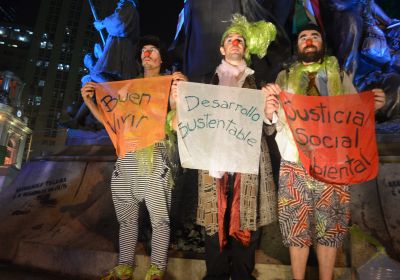
The International Criminal Court (ICC) was established in 2002 at The Hague in the Netherlands to prosecute individuals alleged to have committed war crimes, crimes against humanity and the crime of genocide.
From the ICC’s inception, the US objected to the possibility that its nationals could be subject to the court’s jurisdiction.
